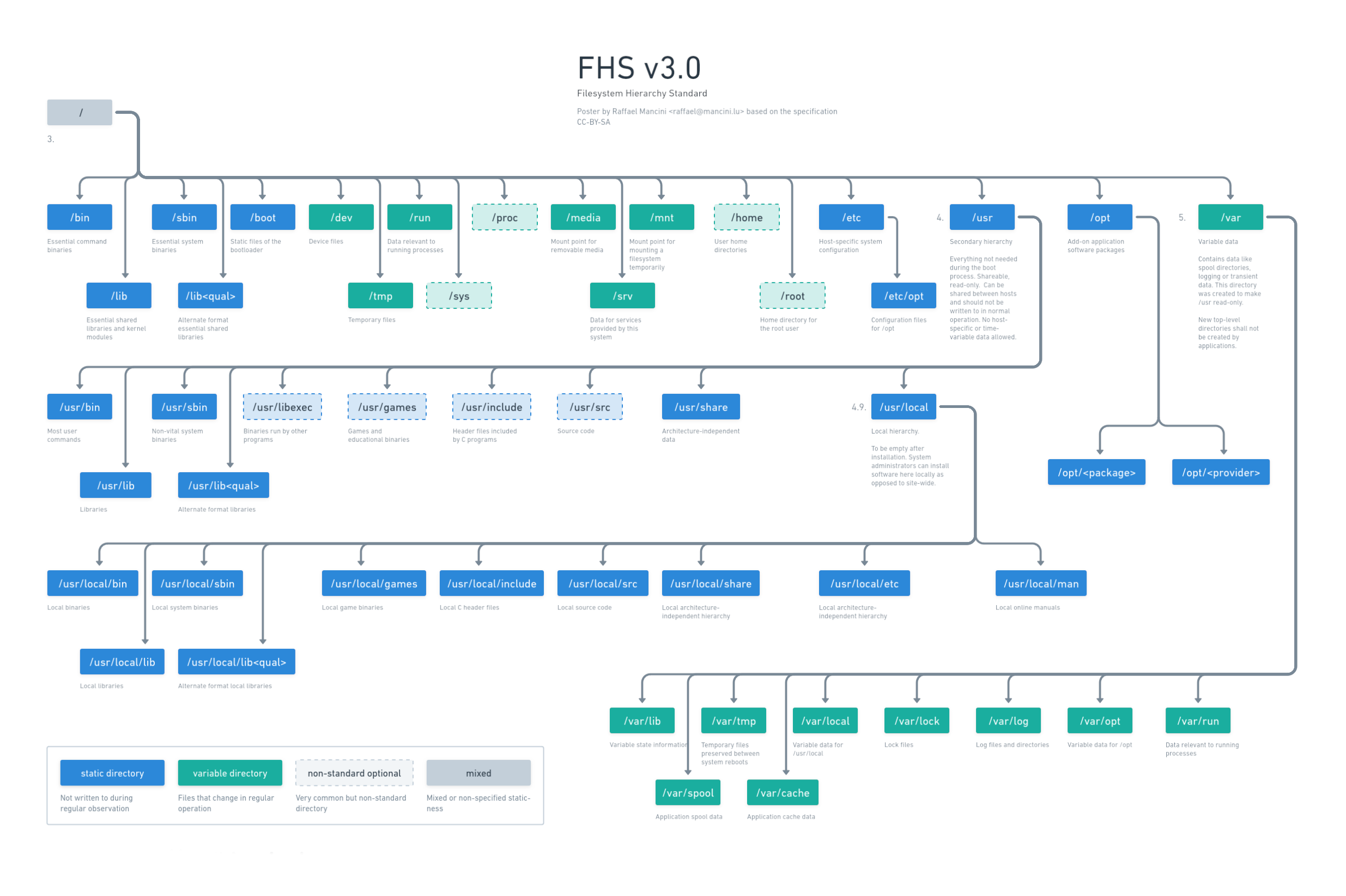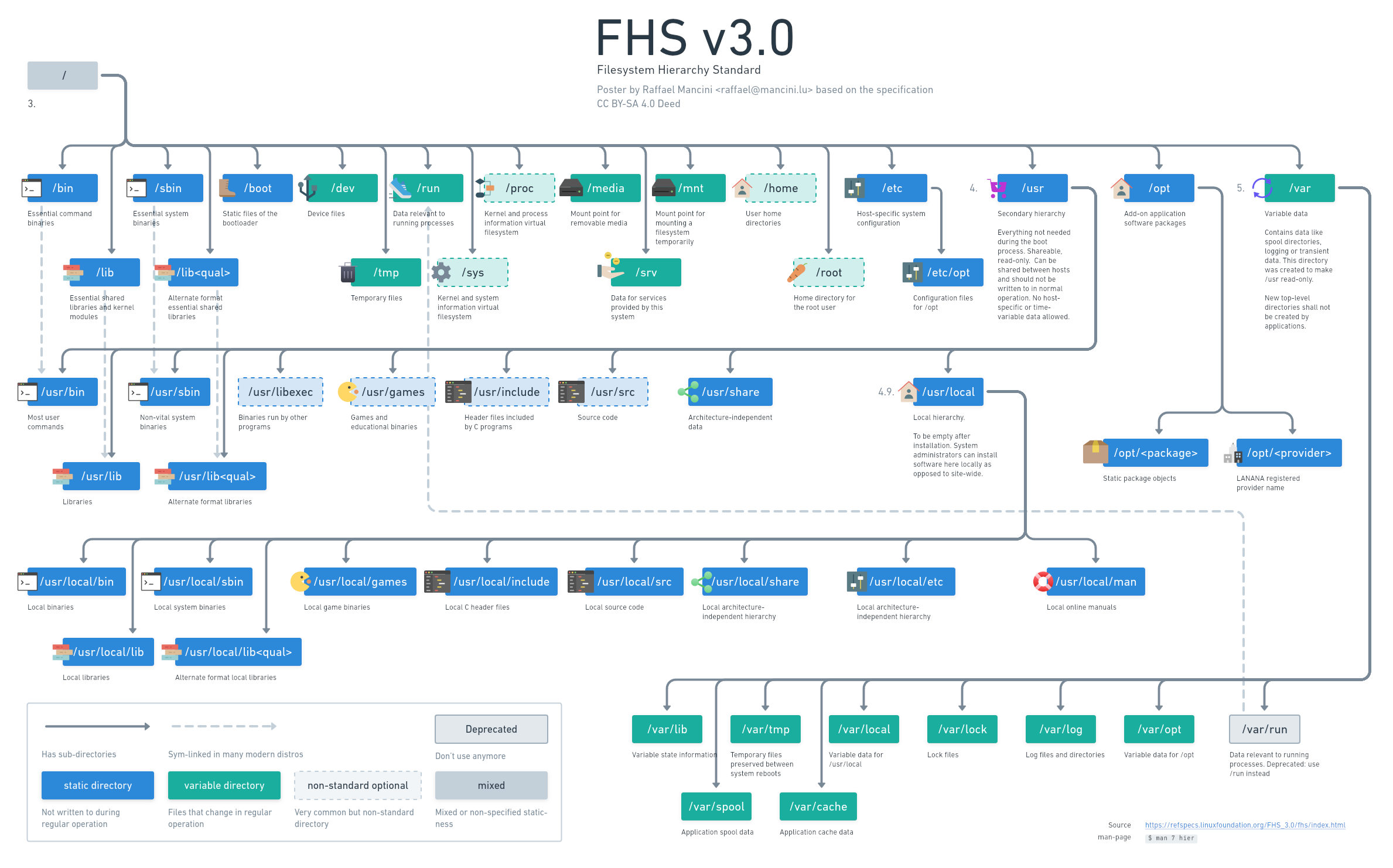563
you are viewing a single comment's thread
view the rest of the comments
view the rest of the comments
this post was submitted on 11 Dec 2023
563 points (98.5% liked)
Linux
63528 readers
827 users here now
From Wikipedia, the free encyclopedia
Linux is a family of open source Unix-like operating systems based on the Linux kernel, an operating system kernel first released on September 17, 1991 by Linus Torvalds. Linux is typically packaged in a Linux distribution (or distro for short).
Distributions include the Linux kernel and supporting system software and libraries, many of which are provided by the GNU Project. Many Linux distributions use the word "Linux" in their name, but the Free Software Foundation uses the name GNU/Linux to emphasize the importance of GNU software, causing some controversy.
Rules
- Posts must be relevant to operating systems running the Linux kernel. GNU/Linux or otherwise.
- No misinformation
- No NSFW content
- No hate speech, bigotry, etc
Related Communities
Community icon by Alpár-Etele Méder, licensed under CC BY 3.0
founded 6 years ago
MODERATORS



I’m coming more from a server perspective but, fundamentally, all HDDs are “temporary”. Eventually that data might be in a bigger/faster/functioning replacement - so it’s best to treat the drive as something which can always be replaced.
Continuing that, you might mount to /mnt and then symlink that where you really want it, say ../games. That layer of abstraction allows you to replace the drive without much effect on install. Also allows for expansion via something like mergerfs (*no idea if that’s a good idea for your use cases)
/mnt is explicitly meant to be used as temporary mountpoint for admins. That's not a good place.
I’m still learning myself, but I think in a good number of uses cases it qualifies. There are two parts of that explicit definition which seem important, “temporary” and “non-installation”. “Temporary” is the most ambiguous. An array of JBoD storing media files, which can be unplugged really at any time without affecting any system, meets that definition. Game installs or the operating system, less so. I totally get my specific usage may not lend to generic advice. In the interest of me learning, here’s where I started (which advises /mnt): https://perfectmediaserver.com/02-tech-stack/mergerfs/